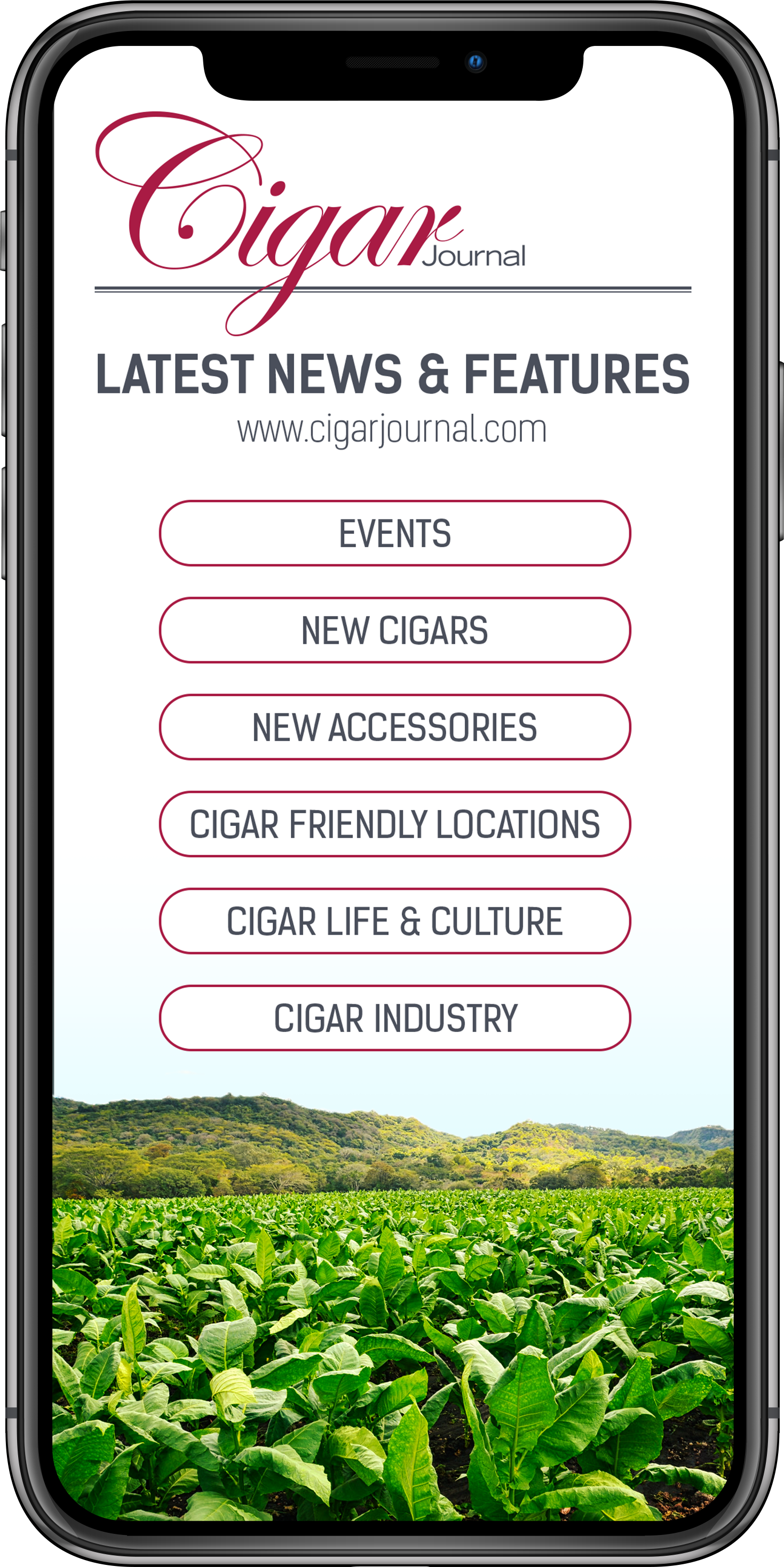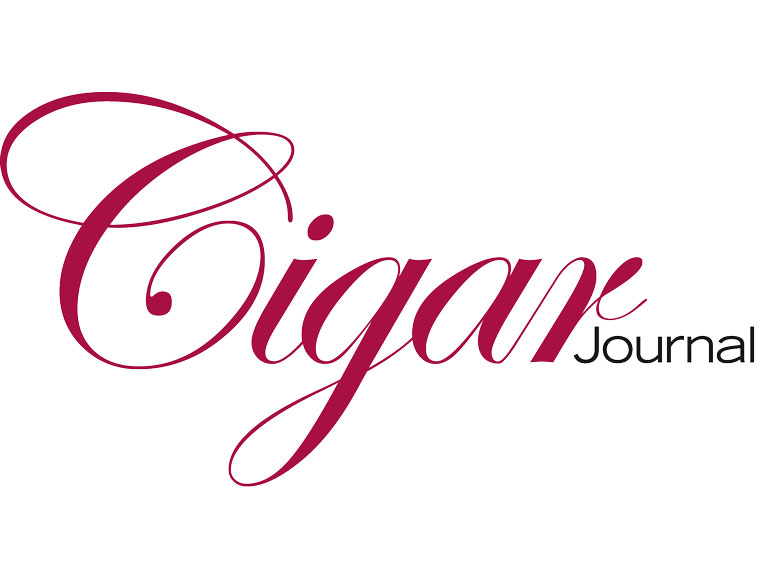
“In these pages I want to explain why I consider tobacco to be an integral part of my life.”-JOSÉ ORLANDO PADRÓN
José Orlando Padrón, founder of the world-renowned cigar brand and pioneer of the Nicaraguan cigar industry, celebrated his 91st birthday in the middle of this year. The most valuable present to mark this jubilee, however, was prepared by and for himself (and, above all, for us passionados). In line with the Cuban poet and author José Martí, according to which every person during his or her lifetime should plant a tree, have a child, and write a book, José O. Padrón wrote an autobiography titled Memorable Moments in My Life. He spent hundreds of hours together with César Gadea, who is not only an executive employee but also more or less a member of the family, to collect documents and to immortalize memories. The work, encompassing about 300 pages, is a fascinating document. It is a piece of history that gives us deep insight into the life of the author and thus behind the scenes of the cigar world, which we consumers mostly only take in from the perspective of pleasure … in a fancy tobacco shop or sunk into a comfortable leather armchair.
The gripping life story quickly shows that the author looks back on a long, hard, successful (working) life with gratitude and humility. And it reveals how optimism, perseverance, confidence and also integrity, and a solid set of values made it possible to realize the American dream. Perhaps the names of several prominent contemporaries illustrate what eventful epochs belong to the wealth of experience of Don Orlando: Queen Elizabeth II, Chuck Berry, Miles Davis, and Fidel Castro were all born in the same year as he was, 1926. With the latter, Don Orlando’s life course was the most closely connected. More precisely expressed: Fidel Castro decisively influenced Don Orlando’s life.

The names of many of the cigars in the Padrón portfolio are based on family anniversaries. The Padrón Serie 1926 No. 90 was created for the 90th birthday of the patriarch
In one of the chapters Señor Padrón describes the circumstances in Cuba that became more and more unbearable under the Fulgencio Batista regime of the 1950s. As director of a copper mine in Pinar del Río, where he oversaw 300 workers, he had to experience how his homeland visibly drifted into becoming an authoritarian, corrupt and brutal dictatorship. His own visions for the future and of his entire generation, on the other hand, were characterized by hope – after so many years of restricted sovereignty, to finally regain democracy and rule of law for Cuba. Although he had never allowed himself to dream of taking part in an armed rebellion, he and his friends ultimately joined the movement led by Fidel Castro of July 26th (M-26-7). With their ideals, the young people thought they could free their homeland from the scourge of dictatorship. José O. Padrón’s first meeting with Fidel Castro took place in May 1959. In his book, he recounts this episode in gripping dialog and describes how it became clearer and clearer to him what he as a fellow combatant had signed up for by joining the movement. Yet it was not only proved more and more by the words of an old, longserving fellow comrade, who, during a secret arms transport on the way to Havana, expressed the fear, “Padrón, hopefully this doesn’t end like it did back then, when I fought against Gerardo Machado’s dictatorship. For everything was in vain.” No, it was even worse. The young Padrón became aware that not only the future of his country was at stake, but also his own life …

The year 1978: Fidel Castro asks José O. Padrón for a cigar. Helga Silva’s photo is published on the cover of the evening edition of Miami News. As a result, bombs explode and he is hailed with death threats.
Every life story is fascinating, a priori, but this book is twice as charming. For one thing, because José O. Padrón is considered one of the great living legends of the cigar world. And, for another, because he himself chose which parts of his life to let us experience. Those who don’t know the story of his escape from Cuba and the meaning of the small hammer that is displayed on many of the Padrón cigar boxes together with the logo will love the corresponding parts of this book. But also those who know the brand, even those who have personally met the members of the Padrón family, will be surprised that there are so many other aspects to the life of this man that are little known or not known at all. We find out, for example, how Don Orlando significantly contributed to the development of Nicaragua as a tobacco country; that his factory in Estelí, built in 1970, was torched in the revolution; and how, thanks to the help of the people, he was able to recommence with production 32 days later. One of the most exciting parts of the book is the report about a humanitarian trip to Cuba. Padrón had been asked to negotiate the freeing of hundreds of political prisoners with Fidel Castro. This was in 1978, and he smoked his first Cohiba in Havana, which is known not to have been released on the free market until 1982. During the negotiations, Castro asked the cigar manufacturer for a Padrón cigar. It was the moment that Helga Silva, a reporter for the evening newspaper Miami News, captured with her camera and that would have the most far-reaching of consequences. The photograph had hardly been published on the front page and Padrón was declared by the hardliners of the exiled Cubans in Florida to be a traitor and an enemy; he received death threats; at his headquarters in Miami explosives went off. The nightmare lasted for some years.

The plans of the thwarted kidnapping of José O. Padrón included detailed plans of the factory
Something else that is not known is that during the mid Eighties, José O. Padrón was supposed to be kidnapped. The plans for this, inclusive of the plan sketched of his factory and his own travel schedule were found by an attentive traveler on the bus ride from Danlí to Tegucigalpa on the seat next to her in a rucksack. The supposed kidnappers had placed it there in order to reserve the seat, but had gone for a beer before departure and ultimately missed the bus.
Over the 300 pages, in his autobiography Don Orlando also gives us insight into the rapid progression of his business during the boom years, into the enormous international growth of his brand, and the temptations that accompanied it.

Tobacco fields in Estelí – José Orlando Padrón realized the American dream
At the same time, the reader also learns that the Padrón family – 18 members of which are active in the family company – is a finely tuned, thoroughly transparent and consensus-specific network in which each person has the optimum place. It is the well-being of the family by which each business decision is measured at Padrón Cigars. Fascinating! And Don Orlando is the universally respected center of the clan – the patriarch. In order to document this, I will mention that, in preparation for the photo shoot for this story, I expressed the idea of perhaps involving a few family members. On the following day, everyone was present, with the exception of those who live hundreds of miles away. Our master photographer, Juan Carlos Reina, had his hands full controlling the group. Belonging to this family seems to be just as much a privilege as it is a responsibility. The book Memorable Moments in My Life is the cornerstone for the Padrón Family Foundation, which José Orlando Padrón initiated. All proceeds raised from this book project will go to this institution. The goal is to finance an elementary school in Estelí for 300 children. Implementation of the project has already begun, and the first children should be sitting in the classrooms there in 2018. Thank you, José Orlando Padrón!






